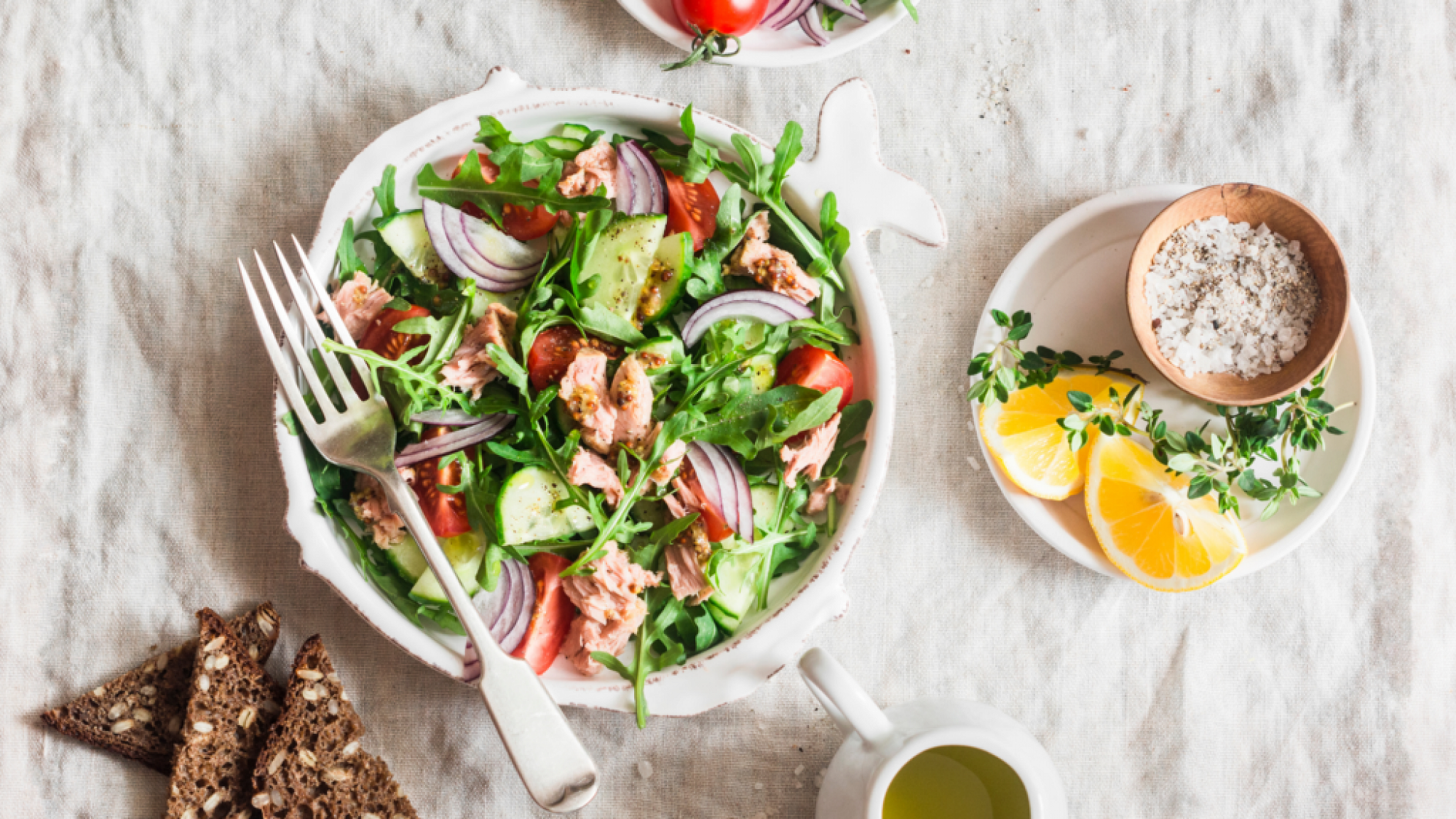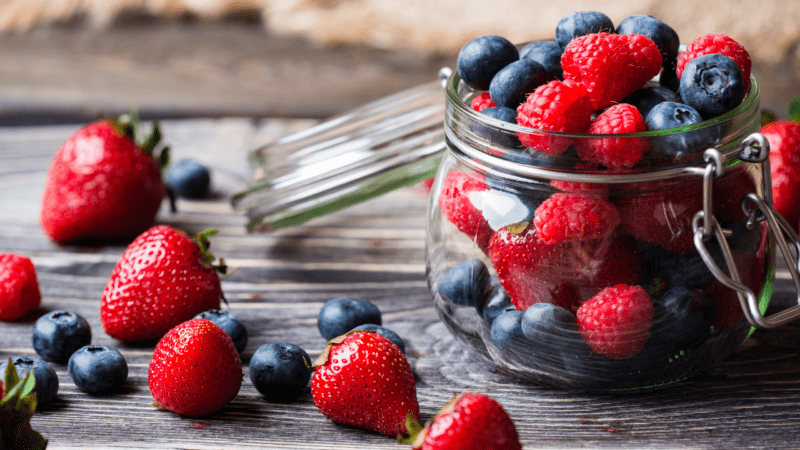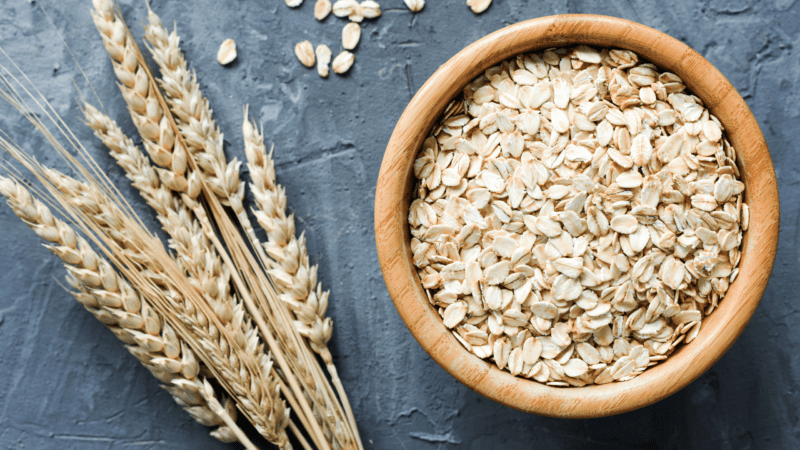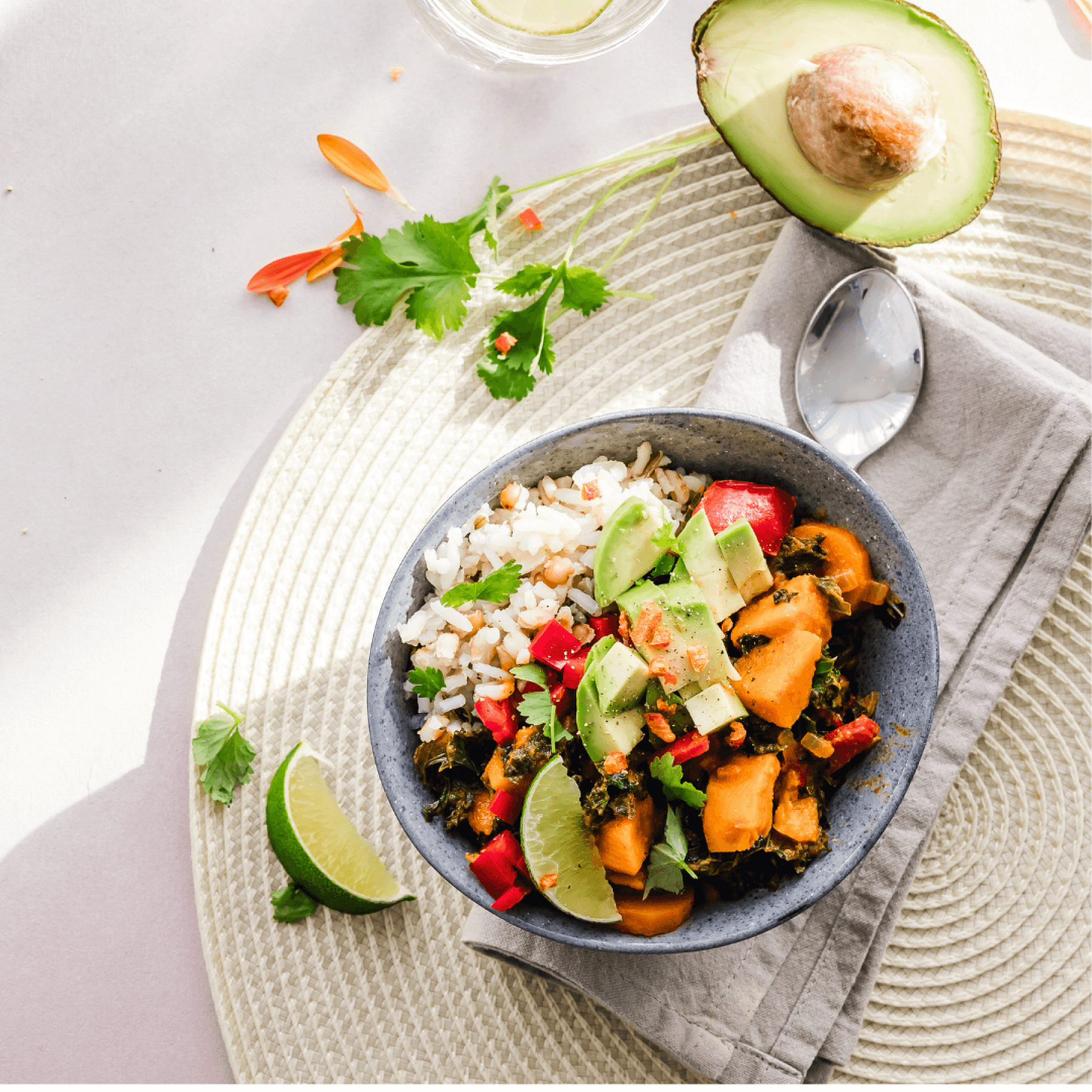Help improve cognitive function and slow down your mental decline with nutrition! Learn more about how you can eat for brain health thanks to the MIND diet. Contact me to learn more about tailoring diet to YOUR individual needs.
Eating nutritious, colorful foods on a regular basis is seen as the gold standard for health. Not only does a well-balanced diet stave off disease, but it can also improve your quality of life! From a reduced risk of diabetes to improved blood pressure, there are hundreds of reasons why a nutritious diet is so important. And, over recent years, research has emerged which shows that your diet can make a positive difference in brain health, especially when it comes to your risk of dementia and cognitive decline (memory, focus, judgement).
This specialized diet is called the MIND diet, which stands for Mediterranean-DASH Intervention for Neurodegenerative Delay. It's a hybrid of the Mediterranean and DASH diets, and it’s specifically designed to improve brain health. The MIND diet’s goal is to reduce dementia and the decline in memory and focus, and is done so by prioritizing leafy green vegetables, berries, whole grains, and healthy fats. Researchers have found that the MIND diet provides antioxidant and anti-inflammatory benefits, as well as reducing potentially harmful beta-amylod proteins (which scientists believe may be one of the primary causes of Alzheimer's disease).

What to Eat on the MIND Diet
Just like the Mediterranean and DASH diets, the MIND diet focuses on many plant-based foods, fatty fish, and healthy fats. To optimize brain health, try to include the following in your daily diet:
1. Green, leafy vegetables: Aim for six or more servings per week (includes foods such as kale, spinach, and cooked greens). Give these Kale Stuffed Pitas a try!
2. Additional vegetables: In addition to green, leafy veggies, try to eat at least one more (non-starchy) vegetable every day. I recommend aiming for at least 2 cups for optimal health!

3. Berries: Consume strawberries, blueberries, raspberries, or blackberries at least once a day. They give you the largest antioxidant punch by being rich in anthocyanins and ellagic acid. You can add them to your favorite salad, morning yogurt, or as an evening dessert! Give this easy Chia Cucumber Strawberry Cooler a taste!
4. Nuts: Put away the chips and bust out the nuts instead! It's recommended to get five servings (or more) of nuts each week, so snack on a few (small handful) during the day or add them to your favorite salad.
5. Olive oil: Olive oil is a flavorful and nutritious cooking oil, so incorporate it into your daily routine. Just be careful not to heat it too hot or it can become harmful! For more information about how to safely cook with olive oil, check out this post.

6. Whole grains: Ditch the "white foods" and choose fiber rich alternatives. Whether it's oatmeal, brown rice, quinoa, or whole-wheat pasta, try to get at least three servings a day of whole grains. This Butternut Squash Barley Soup is a great way to do exactly this!
7. Fish/poultry: When it comes to eating meat, make sure you choose lean cuts like poultry. But, instead of this being the center of the plate, dice chicken and toss it into a vegetable rich stir-fry. Consume fatty fish (ie. salmon, trout, tuna, or sardines) at least once a week. The omega-3 fatty acids are beneficial for your brain health!
8. Beans: Beans are a powerful superfood! From lentils to soybeans, try to have them at least four times per week. This Warm Chickpea and Bulgur Salad might be the perfect meal to introduce some MIND healthy foods!
9. Wine: Wine lovers rejoice! Red and white wine may benefit your brain health, as research has shown that the red wine compound resveratrol may help protect against Alzheimer's disease. However, don't have more than one glass a day or you could be increasing other risk factors like cancer.
*Try to limit your intake of red meats, refined grains, cheese, fried foods, added sugars, and saturated fats.
The MIND Diet is a long-term plan
Improving your brain health isn't something that you can do overnight, but if you're consistent over time, your patience will pay off! And, guess what? While you're making these healthy diet adjustments, you're likely improving many other aspects of your health too! Just remember: it's the small things you do every day for a long period of time that really make a difference. Here's to boosting brain health with diet!
If you have questions or concerns about your diet and what nutritional steps you can take to eat for brain health, please don’t hesitate to contact me to set up an appointment. There is no "one size fits all" diet and the best approach is a thorough assessment based on YOUR individual needs.
If you liked this article, check out my other blog posts including:


